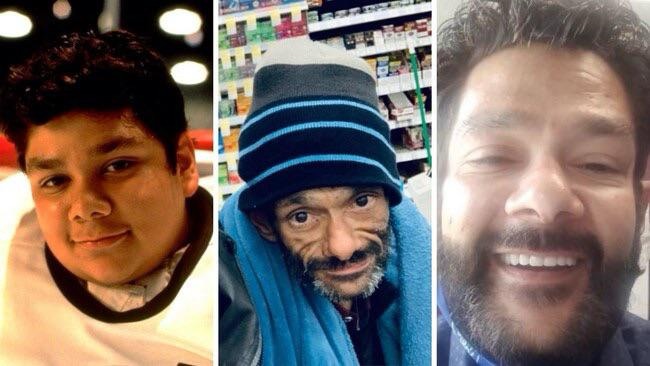Kayla first tried fentanyl as a troubled 18-year-old, growing up in North Carolina. I felt like literally amazing. The voices in my head just completely went silent. I got instantly addicted, she recalls. The pills that ensnared her likely originated from Mexican drug cartels, a dangerous trade that many, including former President Donald Trump, sought to curb. Kayla’s addiction spiraled, yet she was fortunate to avoid overdose despite the alarming statistics: in 2023, the US recorded over 110,000 drug-related deaths, primarily due to fentanyl, which is 50 times more potent than heroin.
However, a remarkable reversal was noted in 2024, when the number of overdoses fell by approximately 25%, saving about 30,000 lives nationwide. North Carolina led this trend, implementing harm reduction strategies that promote health over punitive measures.
Kayla has since distanced herself from street drugs and participates in a law enforcement assisted diversion program in Fayetteville, which assists those grappling with addiction. It’s like the best thing ever. This is the longest time I've been clean, she says, as she works as a certified nurse assistant now.
The decline in overdose deaths can be attributed to a shift towards harm reduction, highlighting the importance of accessible treatment and overdose-reversing medications like naloxone, which saved over 16,000 lives in North Carolina in 2024 alone.
In addition, community efforts and innovative thinking are at the forefront of reshaping drug addiction responses, making strides towards a future where recovery is not only possible but attainable for more individuals like Kayla.
However, a remarkable reversal was noted in 2024, when the number of overdoses fell by approximately 25%, saving about 30,000 lives nationwide. North Carolina led this trend, implementing harm reduction strategies that promote health over punitive measures.
Kayla has since distanced herself from street drugs and participates in a law enforcement assisted diversion program in Fayetteville, which assists those grappling with addiction. It’s like the best thing ever. This is the longest time I've been clean, she says, as she works as a certified nurse assistant now.
The decline in overdose deaths can be attributed to a shift towards harm reduction, highlighting the importance of accessible treatment and overdose-reversing medications like naloxone, which saved over 16,000 lives in North Carolina in 2024 alone.
In addition, community efforts and innovative thinking are at the forefront of reshaping drug addiction responses, making strides towards a future where recovery is not only possible but attainable for more individuals like Kayla.






















